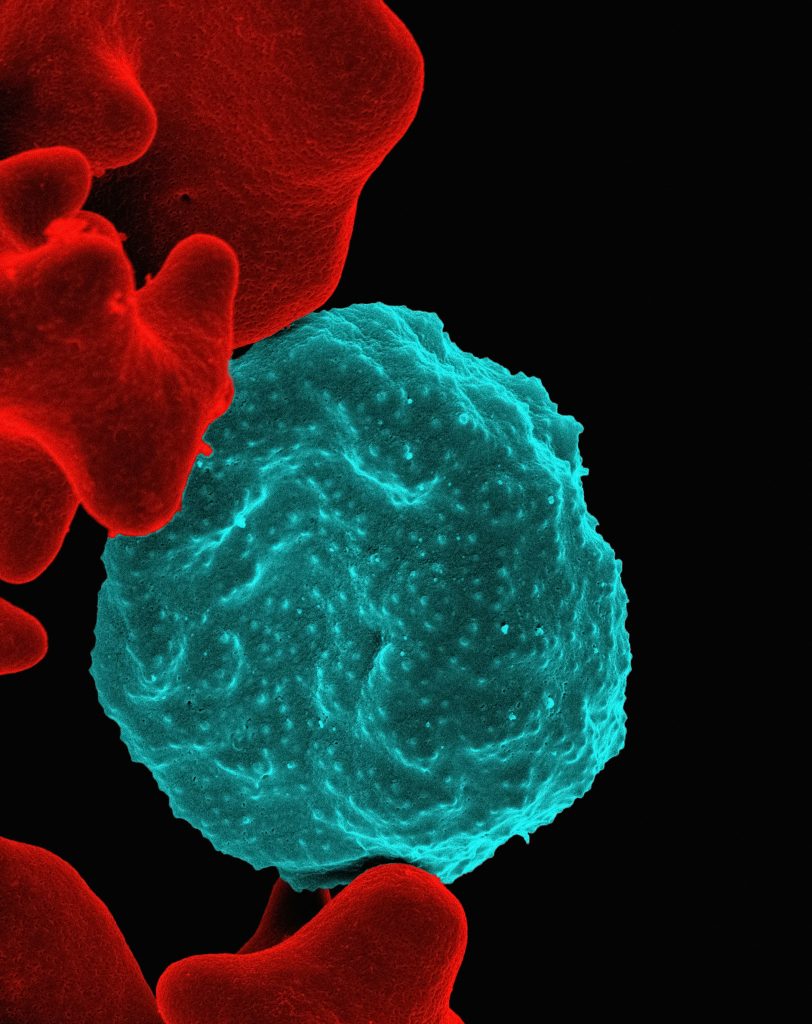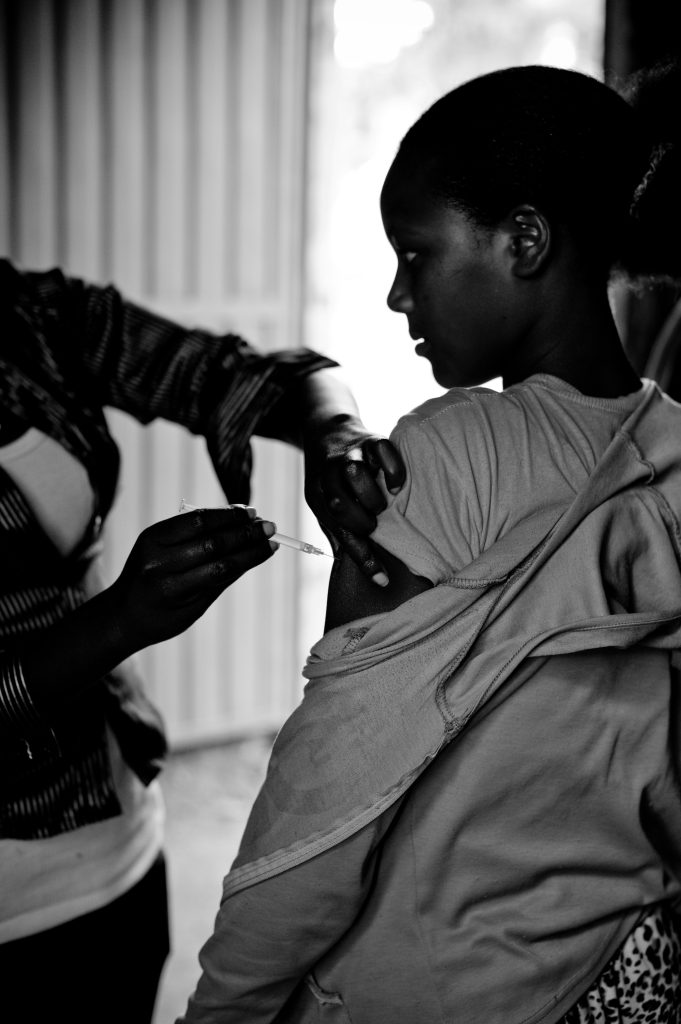Reflecting on progress and urging action: World Malaria Day 2024
As we mark World Malaria Day on April 25th, it’s a moment to reflect on the progress made in the fight against malaria and the challenges that still lie ahead. We do this because malaria remains a leading cause of preventable illness and death around the world.
Despite concerted efforts, malaria kills up to 600 million people each year. Nine out of ten of these cases and deaths occur in sub-Saharan Africa. The vast majority of them are children under the age of five and pregnant women in tropical and subtropical regions.

Malaria is caused by the plasmodium parasite transmitted through the bites of infected mosquitoes and it is a deadly spiral between the human host and the insect host of this parasite. Learn more by watching this video: https://www.youtube.com/watchv=0uyE046It3o
However, amidst the challenges, there have been remarkable achievements in the fight against malaria. Improved access to diagnostics, effective treatment, and preventive measures such as insecticide-treated bed nets and indoor residual spraying have contributed to substantial reductions in malaria cases and deaths in many parts of the world. The global community has also witnessed ground-breaking innovations in malaria control and elimination efforts. From the development of new diagnostic tools and antimalarial drugs to the exploration of novel mosquito control methods like gene editing and biological control agents, there is a growing arsenal of tools at our disposal to tackle malaria from multiple angles.
Each year, we welcome malaria researchers to the EMBL Conference ‘BioMalPar’, where senior and junior scientist come together to share the latest findings and discuss further challenges that lie ahead. This year, the conference will be happening from 21 – 23 May and marks its 20th anniversary. It will provide a pivotal opportunity to convene and foster the exchange of vital information, demonstrating cutting-edge technology and innovative ideas, all crucial to advancing our collective battle against malaria. Virtual registration for this event is still possible. Find out more and register.

An informative report about last year’s BioMalPar conference, written by Malaria Eradication Scientific Alliance (MESA) correspondents can be found here.
The theme for this year’s World Malaria Day “Accelerating the fight against malaria for a more equitable world” is putting the emphasis on the roll-out of the vaccination for the prevention of P. falciparum Malaria in children living in malaria endemic areas. Since its rollout in 2019, the vaccine has reached nearly 2 million children in Ghana, Kenya, and Malawi. It has been shown to be safe and effective, resulting in both a substantial reduction in severe malaria and a decline in child fatalities.
In response to the high demand for the vaccine, the Malaria Vaccine Implementation Programme decided that 12 countries in Africa will be allocated a total of 18 million doses of RTS, S/A01 during the 2023-2025 period. New on the list are Benin, Burkina Faso, Burundi, Cameroon, Democratic Republic of the Congo, Liberia, Niger, Sierra Leone, and Uganda.
As we celebrate the successes achieved thus far, it’s essential to acknowledge that the fight against malaria is far from over. The emergence of drug-resistant parasites and insecticide-resistant mosquitoes poses significant challenges to malaria control efforts. The COVID-19 pandemic, climate change, and humanitarian emergencies have disrupted malaria prevention and treatment services, therefore enabling the resurgence in malaria cases in many regions. The population in the sub-Saharan regions of Africa continue to be high-risk groups and access to the services they need to prevent, detect, and treat malaria is still very limited.
On World Malaria Day, the World Health Organisation reminds us that it is fighting daily against malaria for a more equitable world by:
- Trying to end discrimination and stigma
- Engaging communities in health-related decision-making
- Bringing health care close to where people live and work
- Addressing factors that increase malaria risk
- Including malaria control interventions in universal health coverage
Scientists all over the world are working together to reaffirm our commitment to ending malaria. Encouraging research and innovations will help to stay ahead of evolving challenges and eventually achieving the vision of a malaria-fee world for generations to come.

Source text: World Health Organization website